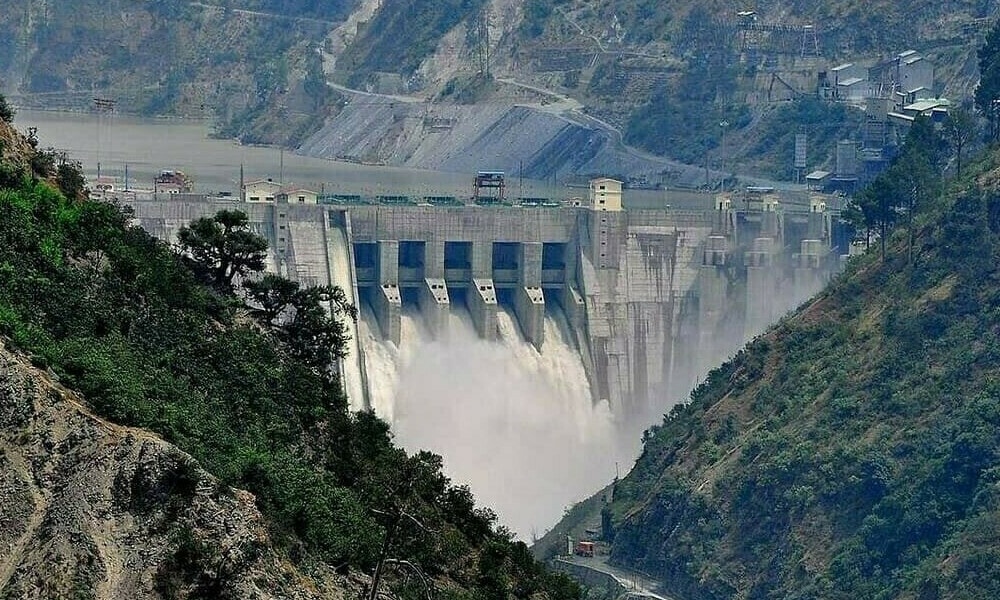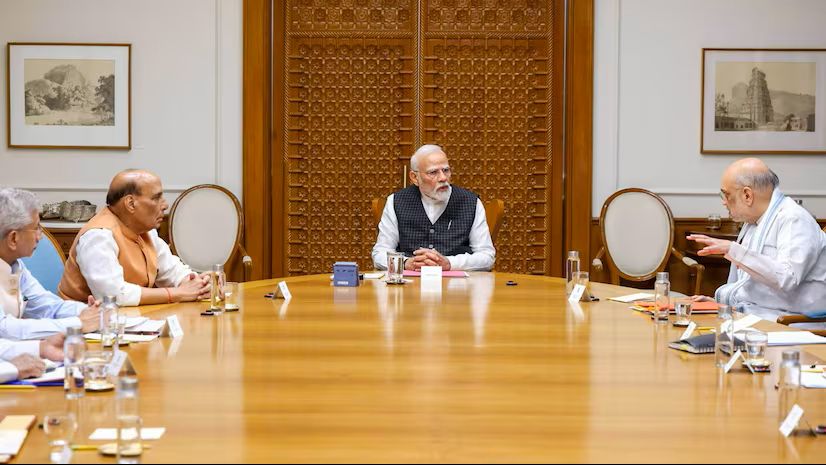
Indus Waters Treaty in Crisis as Pakistan Seeks Dialogue with India
The decades-old Indus Waters Treaty between India and Pakistan is once again under strain, with Islamabad pleading for New Delhi to reconsider its decision to suspend the agreement. Recent reports indicate that Pakistan is now signaling a willingness to renegotiate terms, marking a significant shift in its stance.
Why the Indus Waters Treaty Matters
The Indus Waters Treaty, brokered by the World Bank in 1960, governs the sharing of the Indus River and its tributaries between India and Pakistan. Under the agreement, India controls the eastern rivers (Ravi, Beas, and Sutlej), while Pakistan holds rights to the western rivers (Indus, Jhelum, and Chenab).
However, rising tensions over terrorism, Kashmir, and political disputes have repeatedly threatened the treaty’s stability. In recent years, India has considered leveraging the Indus Waters as a strategic tool, given Pakistan‘s heavy reliance on these rivers for agriculture and drinking water.

Background of the Indus Waters Treaty
The Indus Waters Treaty, brokered by the World Bank, has been a cornerstone of India-Pakistan relations, surviving multiple conflicts and serving as a model for transboundary water cooperation. Under the treaty, India has control over the eastern rivers—Ravi, Beas, and Sutlej—while Pakistan has rights over the western rivers—Indus, Jhelum, and Chenab. This arrangement has been crucial for Pakistan’s agriculture and water security.
India’s Suspension Threat and Pakistan’s Response
Reports suggest that India has hinted at suspending the Indus Waters Treaty in response to cross-border terrorism and diplomatic standoffs. This move has alarmed Pakistan, which depends on the Indus basin for nearly 80% of its irrigated agriculture.
In an unexpected turn, Pakistan has now expressed a willingness to discuss modifications to the treaty—a first in over six decades. Officials in Islamabad have reportedly reached out to Indian counterparts, urging dialogue to prevent an all-out water crisis.
Source: The Indian Express
Pakistan Appeals to India: Urges Reconsideration of Indus Waters Treaty Suspension
Pakistan has reportedly sent an official letter to India, pressing for the revival of the Indus Waters Treaty (IWT) and urging New Delhi to reconsider its decision to halt the agreement. According to sources, Islamabad’s Ministry of Water Resources has formally requested India to restore the flow of rivers as mandated under the decades-old treaty, raising fresh concerns over regional water-sharing dynamics.
The appeal comes amid heightened tensions, with Pakistan seeking to safeguard its water resources under the IWT—a pivotal pact that has governed cross-border river flows since 1960. Will India respond? The ball is now in New Delhi’s court.
Pakistan’s Water Crisis and the Need for Diplomacy
Pakistan is already facing severe water scarcity, with depleting groundwater reserves and erratic monsoons worsening the situation. Any disruption in the Indus Waters flow could devastate its economy, particularly the agriculture sector, which employs nearly 40% of the workforce.
Experts warn that if India restricts water flow, Pakistan could face:
-
Agricultural collapse – Leading to food shortages and economic instability.
-
Drinking water shortages – Affecting millions in Punjab and Sindh.
-
Diplomatic escalation – Further straining already fragile India-Pakistan relations.

Will India Agree to Talks?
India has historically maintained that the Indus Waters Treaty is non-negotiable. However, with Pakistan softening its stance, New Delhi may see an opportunity to address long-standing concerns, including:
-
Terrorism financing – Linking water-sharing to Pakistan‘s action against militant groups.
-
Dispute resolution mechanisms – Streamlining arbitration to prevent prolonged conflicts.
-
Climate change adaptations – Updating the treaty to account for glacial melts and shifting rainfall patterns.
Global Mediation: Will the World Bank Step In?
The World Bank, which facilitated the original treaty, may play a crucial role in mediating fresh discussions. Both nations have previously sought the Bank’s intervention in disputes, but a full renegotiation would require multilateral consensus.
The Road Ahead: Cooperation or Conflict?
The Indus Waters Treaty has survived multiple wars and political crises, but climate change and geopolitical tensions present new challenges. Pakistan‘s willingness to engage suggests a rare opening for diplomacy, but whether India reciprocates remains uncertain.
If negotiations fail, the consequences could be dire:
-
Humanitarian crisis in Pakistan due to water shortages.
-
Increased hostilities between the nuclear-armed neighbors.
-
Regional instability affecting trade and security in South Asia.
Read More About: India-Pakistan Daily News 24/7 Updates
Conclusion: A Test for India-Pakistan Relations
The Indus Waters Treaty is more than a water-sharing pact—it’s a lifeline for millions. As Pakistan extends an olive branch, the world watches to see if India will prioritize cooperation over confrontation.
For now, the fate of the Indus Waters hangs in the balance, with diplomacy being the only hope to prevent an escalating crisis.





